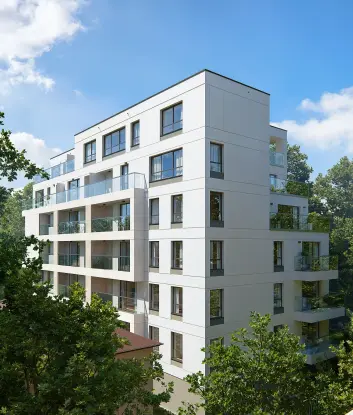Rules for calculating maintenance fees and utility advances in a housing community

Every apartment owner in a housing community must regularly pay fees to cover building maintenance costs and utility advances. Understanding what components make up the monthly fee and how advances for water, heating, or waste disposal are settled allows you to better plan your household budget and, in some cases, actually reduce monthly bills. Below you’ll find practical tips to help you understand the payment mechanisms and use available tools to optimize them.
Tips and best practices
- Understand the components of the maintenance fee
- Operating costs: energy for common areas, staircase lighting, elevator maintenance, cleaning, security.
- Renovation fund: money set aside for major works (roof repairs, facade renovation, replacement of installations).
- Utility advances: water, sewage, central heating, waste disposal.
- Utility settlement methods
- Lump sum: a fixed advance amount regardless of actual consumption – convenient, but may be disadvantageous if you use less.
- Consumption-based: settlement based on water meters, heat allocators, or hot water meters – fairer, but requires accurate readings and possibly service visits.
- Heat allocators and individual thermostatic valves
- Installing allocators on radiators avoids settlements based on apartment size and rewards economical users.
- Thermostatic valves allow precise temperature control, reducing heating costs.
- Regular readings and documentation
- Keep track of meter reading dates and record them in protocols – delays can result in lump sum charges.
- Store copies of protocols and invoices to have proof of correct consumption in case of discrepancies.
- Optimization of advances
- Request adjustments: if reported consumption significantly differs from your historical data, submit a request to the management to change the lump sum rate or switch to consumption-based billing.
- Monitor usage: a simple smart meter (e.g., for water or electricity) can help you quickly identify excessive consumption.
- Cost balancing rules in the community
- Surpluses from advances (unused funds) should be refunded or deducted from future settlements.
- Deficits (when advances do not cover actual costs) are distributed proportionally among all residents – it’s then worth analyzing the cost drivers.
- Renovation fund – planning and transparency
- Pay attention to the amount of regular contributions and the purpose of planned expenses – a transparent list of works and cost estimates helps avoid excessive burdens.
- Participate in general community meetings to have a say in renovation priorities.
- Right to information and appeals
- Every owner has the right to access community documents: protocols, budgets, contracts with suppliers.
- In case of discrepancies, you can file an appeal to the management board or at the general meeting and request explanations or corrections.
By understanding how maintenance fees and advances are calculated and actively participating in the housing community, you can control your expenses and even reduce monthly bills by engaging in transparent budget management.
Read also
See all

Ivory on sale!
Find out more


